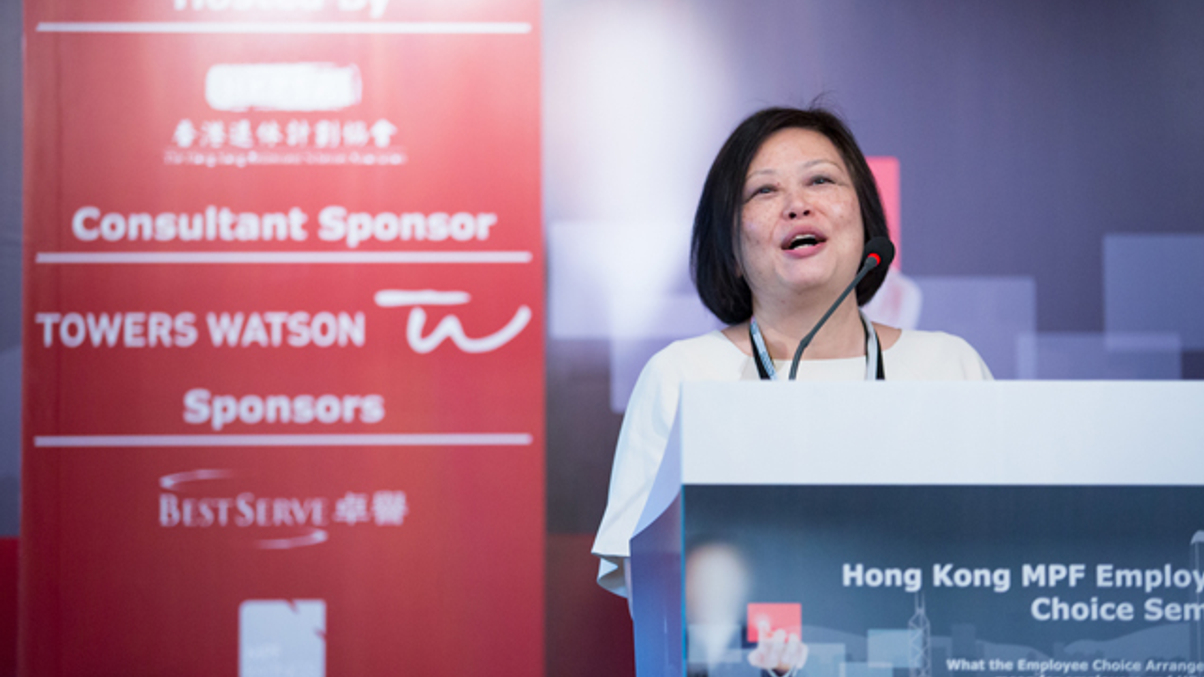MPF’s next step, part 1
Employee Choice Arrangement offers Hong Kongers a new right over how their pension assets are invested.

Employee Choice Arrangement (ECA) will become effective in Hong Kong as of November 1, and companies as well as service providers need to be prepared.
Sign in to read on!
Registered users get 2 free articles in 30 days.
Subscribers have full unlimited access to AsianInvestor
Not signed up? New users get 2 free articles per month, plus a 7-day unlimited free trial.
¬ Haymarket Media Limited. All rights reserved.


